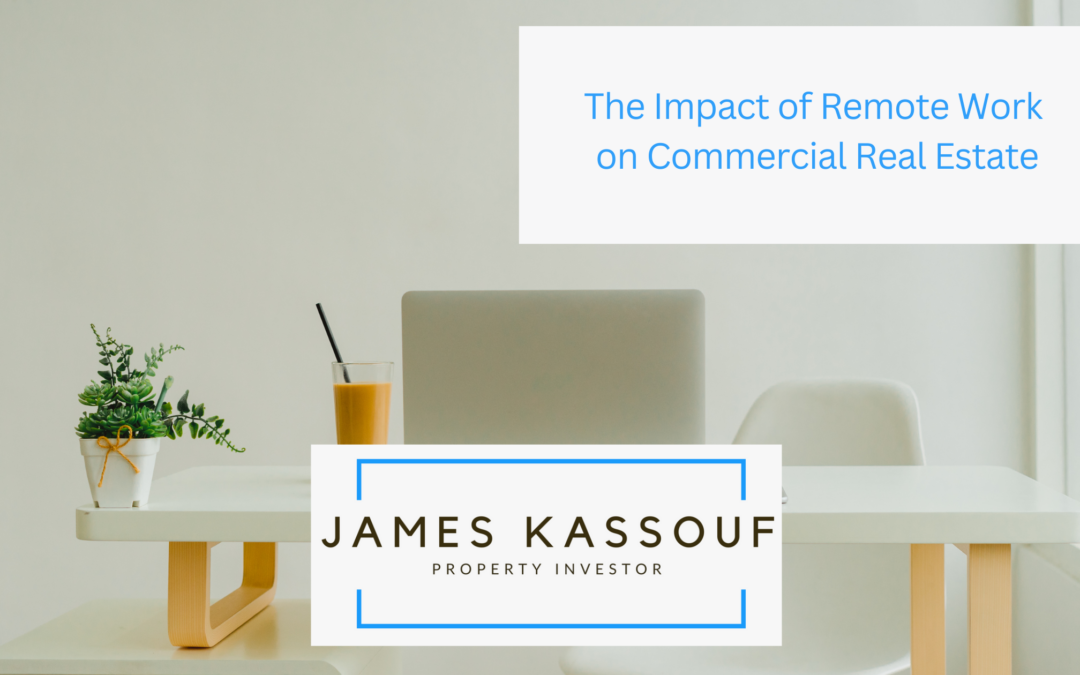The advent of remote work has profoundly transformed the commercial real estate landscape. Once the backbone of business operations, traditional office spaces are now being re-evaluated as companies adapt to new work models. The shift towards remote work presents challenges and opportunities for the commercial real estate sector. Here’s a look at how this trend is reshaping the industry.
Reduced Demand for Office Space
One of the most immediate impacts of remote work is the reduced demand for traditional office space. As more companies adopt flexible work policies, the necessity for prominent, centralized office locations diminishes. Many businesses are downsizing their office footprints, opting for smaller or shared workspaces. This shift is leading to an increase in vacancy rates and a reevaluation of leasing strategies.
Rise of Hybrid Workspaces
The hybrid work model, where employees split their time between home and the office, is becoming increasingly popular. This model requires reconfiguring office spaces to support in-person and remote work. Flexible workspaces, coworking spaces, and hot-desking arrangements are gaining traction. These adaptable environments cater to the needs of modern workers, offering collaboration spaces and quiet areas for focused work.
Shift in Location Preferences
There has been a notable shift in location preferences, with the reduced need to be in a central business district (CBD). Suburban and secondary markets are experiencing increased interest as companies seek to position themselves closer to where their employees live. This trend leads to the development of office spaces in less densely populated areas, often with lower costs and better quality of life for employees.
Emphasis on Technology and Connectivity
Remote work has underscored the importance of technology and connectivity in commercial real estate. Properties with robust IT infrastructure, high-speed internet, and advanced communication tools are in higher demand. Smart buildings equipped with IoT devices and automation systems provide technological support for remote and hybrid work models, making them more attractive to tenants.
Impact on Commercial Property Values
The changing dynamics of work have a direct impact on commercial property values. Due to decreased demand, properties in prime CBD locations may see a decline in value, while suburban and flexible workspaces might experience an increase. Investors and property managers are adapting to these shifts by repurposing or upgrading buildings to meet businesses’ evolving needs.
Increased Focus on Employee Well-being
The remote work trend has also heightened the focus on employee well-being. Modern office spaces are now designed with health and wellness in mind, incorporating features like improved ventilation, natural lighting, and wellness amenities. Such enhancements create a comfortable and healthy work environment, whether employees are in the office full-time or part-time.

